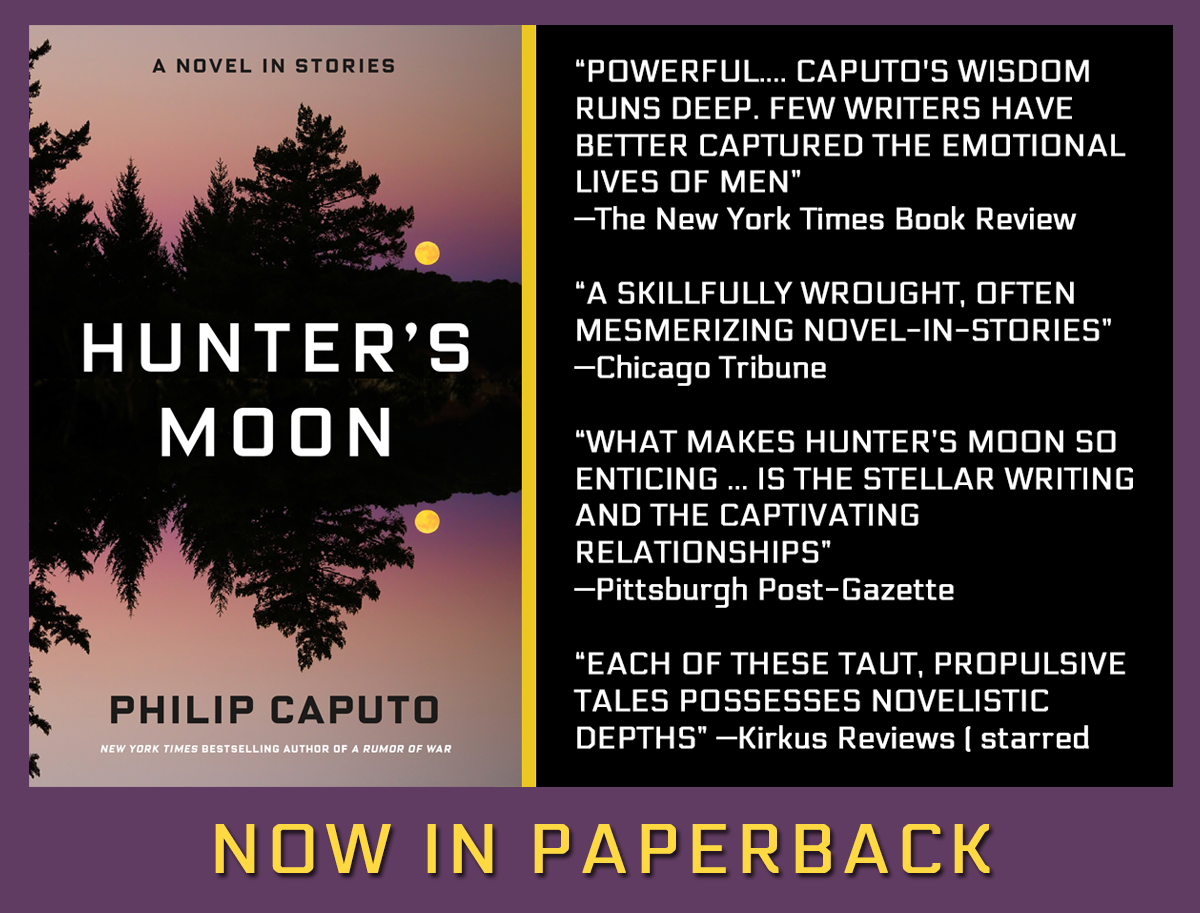This entry could be titled THE ELEVENTH RUSSIAN. Here’s why:
A long time ago, when I was a foreign correspondent assigned to the Chicago Tribune’s Moscow bureau, I met a Finlander at a diplomatic reception. During our conversation, he mentioned that he had fought in the Winter War of 1939-40, which pitted Finland against the Soviet Union. The veteran told me, ‘We used to say that one Finnish soldier was better than ten Russians, and we were right. The trouble was, there was always the eleventh Russian”
In the first three months of the conflict, the small but well-trained, well-led, and disciplined Finnish army held its own against overwhelming odds, fending off repeated onslaughts by the poorly-led, poorly-trained, and undisciplined Russian army. However, it was only a matter of time before the tide turned in the Russians’ favor.
The Red army (as it was then called) was reorganized and re-equipped, its command structure and tactics were improved, and it came back powerfully, After another three months of fighting the Finnish army was exhausted, its defenses overrun by the sheer mass of its enemy’s offensive. On March 12, 1940, Finland was forced to sign the Treaty of Moscow, which ceded more than ten percent of its territory to Russia.
The parallels with the war in Ukraine, 50 days old as of this writing, are obvious. The question is, Will the parallels hold for next 50 days? Defeated in its campaign to seize Ukraine’s capital, Kyiv,, its Black Sea flagship, the Moskva, sunk by a Ukrainian missile strike, its rampaging soldiers committing atrocities as they retreated, the Russian military has been astonishing in its incompetence and lack of discipline. But it is now refitting, rearming, and reorganizing, with a formidable general in overcall command, Alexander Dvornikov, aka “The Butcher of Syria.” He earned that moniker for the utter brutality with which he crushed Syrian insurgents during that country’s civil war.
As most of you have heard or read, the next phase of the conflict in Ukraine will take place in the east of the country, where its army has been fighting a low-intensity war against Russian separatists, supported by the Russian military, since 2014. Its best troops, some ten brigades altogether, are entrenched along a 300-mile front from north to south. The betting is that Dvornikov will launch a double envelopment, i.e. a pincers movement; large Russian forces will advance from both directions, hook up, surround the Ukrainian defenders, cut off their lines of resupply and communication, and then pummel them into submission with heavy artillery and air and missile strikes,
That would leave Russia in control of, roughly, the eastern third of the country, providing a land bridge to the Crimea and its ports on the Black Sea. Will President Putin be satisfied with that? Will he then compel the Ukrainian government to sign a treaty, ceding that territory to Russia? Or will he use it as a launch pad — if not now, then later — for a campaign to seize all of Ukraine? Those questions are unanswerable at the moment. Personally, I think the latter is more likely, a judgment I make based on what I learned about the Russian character during my two-year assignment in Moscow.
There is a kind of nationalistic mysticism in it, some vague yet compelling sense that Russia is destined to rule not only its own vast territory but the lands around it as well — a drive toward empire. It is among the major reasons why democracy as westerners conceive of it has never taken root in Russia, and probably never will. The strong man, the man on horseback, the autocrat, whether a Tsar, a Commissar, or someone who calls himself a president, has been looked to as the only one who can harness this drive. Joseph Conrad expressed it like this in his 1910 novel, Under Western Eyes:
But absolute power should be preserved — the tool ready for the man — for the great autocrat of the future…The logic of history made him unavoidable. The state of the people demanded him. “What else?” he asked himself ardently, “could move all this mass in one direction? Nothing could. Nothing but a single will.”
Vladimir Putin views himself as that man, that single will in possession of absolute power. Which is why, in my opinion, he will not quit this war he started, will not accept a negotiated settlement that leaves him with a third of the country he covets. Nor will General Dvornikov. They will keep throwing bombs and shells and missiles and tanks and the bodies of their soldiers at the Ukrainians in a supreme effort to win it all at all costs.
For Ukraine to win, it will need to do more than figuratively or literally kill ten of its enemy for everyone one of its soldiers it loses. It will need the skills and the weapons and the courage to kill the eleventh Russian — who will be coming, you can be sure of that.



Dear Mr. Caputo,
I just finished reading “A Rumor Of War.” It is a profoundly moving account of an experience that closely approximates Thomas Hobbes’ State of Nature” in which life is described as solitary, nasty, mean, brutish and short! It added a sober new perspective to my memories of that time and place and to my four years as an enlisted man in the Marine Corps.
I was in the landing at Danang on 08 March 1965, a radio operator with Battery B, 1st Battalion, 12th Marines. We had six 105mm Howitzers and were kept quite busy with fire missions at base and in numerous forays into the countryside. We worked hard and long and sleep was a luxury rarely enjoyed, but we lived in luxury when compared to the rigors demanded of our Infantry by unfeeling and seemingly uncaring rear line personnel who remained miles away from the guerrilla warfare, never experiencing the ever-present dread and fear of sniper fire, mortar attacks, land mines and booby traps with claymores and the easily overlooked tripwire.
I was posted to Camp Lejeune when my tour in Vietnam was over and returned to civilian life when my enlistment ended in 1967. The next thirteen years were spent in university, medical school, pathology residency and fellowship. I doubt this would have occurred without the confidence and self-assurance I acquired during my years in the military.
We should never have been in Vietnam, supporting a corrupt regime, but the past is past. Unfortunately, our political leaders are incapable of learning from experience and seem compelled to repeat the same old mistakes. “Pax Americana” could not last as surely as “the war to end all wars” failed to fulfill its promise. Perhaps William Faulkner had the last word when he wrote that “History does not repeat itself but it rhymes.”
I sincerely want to thank you for sharing your experiences and reflections on what has usually been the fate of men (and now women) in war since time immemorial. I am no unthinking pacifist who wants to beat every sword into a plowshare. War will always be with us and we must be and remain prepared for the inevitable conflicts to come. I just pray for more wisdom on the part of our leaders in deciding when and where and why to initiate and control the forces of destruction that they are capable of unleasing.
Dear Mr. Caupto,
Today, I just finished reading your autobiographical novel”A Rumor of War. It’s very shocking.
You wrote frankly, making me feel like I was at the scene of the war.
My father is the same year as you.
Please accept the blessing of your younger generation from China. I wish you keep healthy and I will continue to read your works.thank you!
Regards.
Lin Hai
2022 May 3rd
Thanks for your comments. Yours is the first reply I’ve received from China.
I am very happy to read your thoughts again and hope all is well with you.
Timothy Snyder is writing, and re-releasing, a great much on this and has an elucidating much to say. I took down and re-read his THE ROAD TO UNFREEDOM when all this broke out, and may do the same with BLOODLANDS and BLACK EARTH.
People don’t get ideas, ideas get people, and when an idea takes possession, a whole new moral universe comes along with it: what was wrong becomes right.
In the early years of Putin, he often expressed the idea that Russia was European, and that a European Union as an integration of dynamic democracies, buttressed by rule of law, common defense and currency, with reliable constitutional means for peaceful transition of governments, was the right idea.
A hundred books are being written as we speak of how he became possessed of the idea that Russia was this great Christian-mystic Eurasian “Unity”, victimized by the West, whose right destiny it was to subsume Europe within autocratic tyranny, justifying conquest and child murder. Thus is European order destroyed.
Yet, Putin has given the US the greatest gift imaginable by giving it policy hegemony over Europe once more and opening the flow of arms into Europe. The accelerated expansion of NATO, Clinton’s war in Serbia in contravention of UN policy, the illegal invasion of Iraq: history will have a long look at all this.
The only two outcomes can be a negotiated settlement, or one party destroying the other, and Russia will not be destroyed by Ukraine.
Thank you for you blog. It is an aid to understanding.
Tony — I can’t say how, precisely, Putin became gripped by the idea of a mystical, Christian Russia with a special mission, or destiny, to reign over Europe, but I can say that it is an idea imbued in the Russian soul. It has been for centuries, and is analogous to our own idea of American exceptionalism. Russian exceptionalism — a nation that straddles 11 time-zones, and is as much a part of Asia as it is a part of Europe. We can safely assume that Putin absorbed this world-view, this vision, with his mother’s milk, and was awaiting the right moment, the right conditions to act on it.
The situation in Ukraine is terrifying but Americans have a very short attention span so are unable to deal with more than one terrifying situation at a time. The economy and virus fear is sucking all the air out of the room. A lot of innocents are usually harmed when a powerful person goes crazy.
I served in Kiev in the Peace Corps 93-95 , wild times indeed.. One thing that struck me was the number of very large thugs in the city at the time .. large and fond of kick boxing and with a taste for violence.. Working for one of the local mafia was considered a good job compared to say teaching where my collegues were lucky enough to make $20 a month… Those who had served in Afghanistan also collected extra pay when they went into ” action” which was frequent back then..I don’t know what things are like there these days but I can only imagine the welcome the Russians met when they made the mistake of walzing into the that neck of the woods.. Good riddance ..